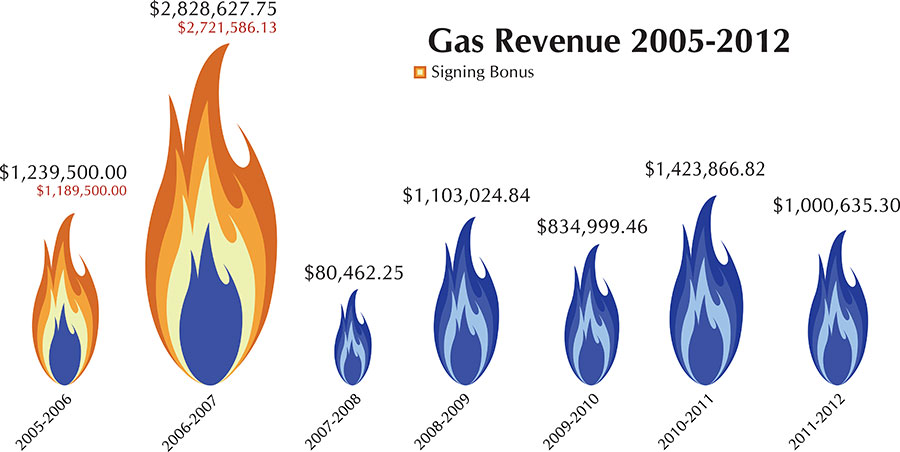By Shameaka Jones/reporter
NE Campus students on Nov. 8 got a clear definition of financial literacy — it’s what one needs vs. what one wants.
“Do you want to work more now or later in life?” asked Rosemarie Hammon, special services coordinator in the NE counseling and advising office, in Saving and Investing.
“It is better to understand this self-talk in the world of needs and wants. Needs are goods and services that are required to survive.”
Hammon said needs are a priority: a requirement that can be physical, such as air, hunger or shelter, or psychological, such as safety, love or happiness.
She described the work of psychologist Abraham Maslow, who arranged human needs in a pyramid with the most basic needs at the bottom.
Next come safety needs, followed by psychological needs, the need for esteem and, at the top of the ladder, the need for self-actualization, the need to realize full potential.
“Not satisfying physical or psychological needs could cause suffering or possible harm,” she said. “It’s about investing in yourself. What do you really care about? Deciding what is most important to you will help you set priorities.”
People need to search their souls in setting priorities, she said, making the distinction between short and long term. Hammon suggested students ask themselves how long a purchase will provide satisfaction.
“It is important to avoid borrowing except for necessary purchases or those that may increase in value over time,” she said. “Think how purchases today affect your spending power down the line.”
Education, Hammon said, is one example.
“Invest in your education now and pay, or use loans now to satisfy temporal wants and pay later,” she said. “It may be a want now, but circumstances could change tomorrow.”
Life is full of competing options, Hammon said, and sometimes there are options within options.
“For example, a cell phone may meet a physical or psychological need, such as safety. However, the extras like unlimited minutes, text message, etc., are more likely wants,” she said. “Money spent today will not be available tomorrow. Deciding how to spend your money requires prioritizing.”
Wants, Hammon said, are goods and services not needed to survive but that often provide convenience or comfort, like eating out rather than cooking in.
“Wants are the nice-to-haves, the luxuries of life,” she said. “You may spend less if you save for wants rather than borrow. Ask yourself, ‘Do I need a loan right now, or should I wait?’ Remember, save money, save interest; or borrow money and pay interest.”
Hammon advised avoiding impulse buying and said that one should save for the wants. And wants, she added, can change “according to circumstances, family status or employment or what you, your family and friends value.”























